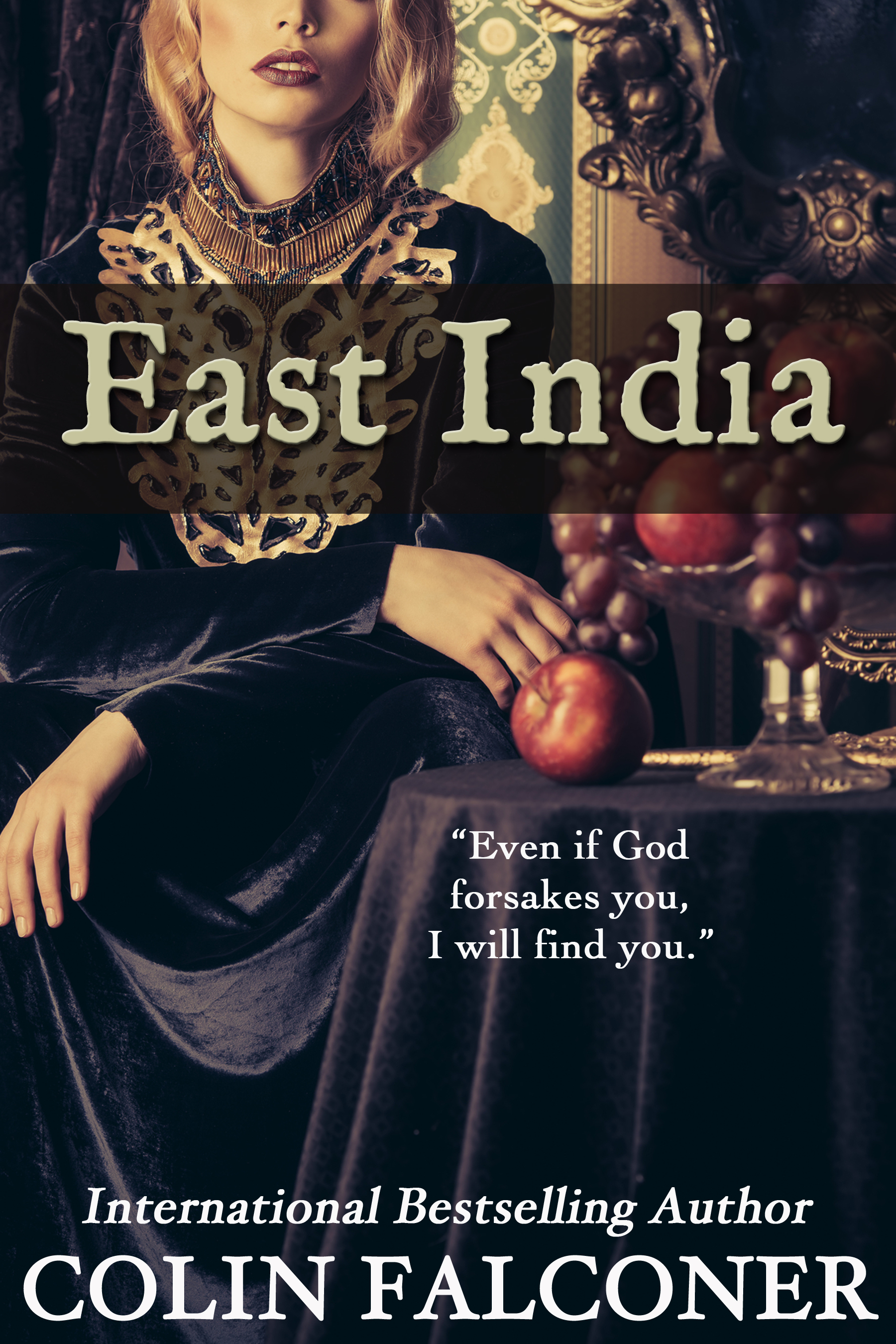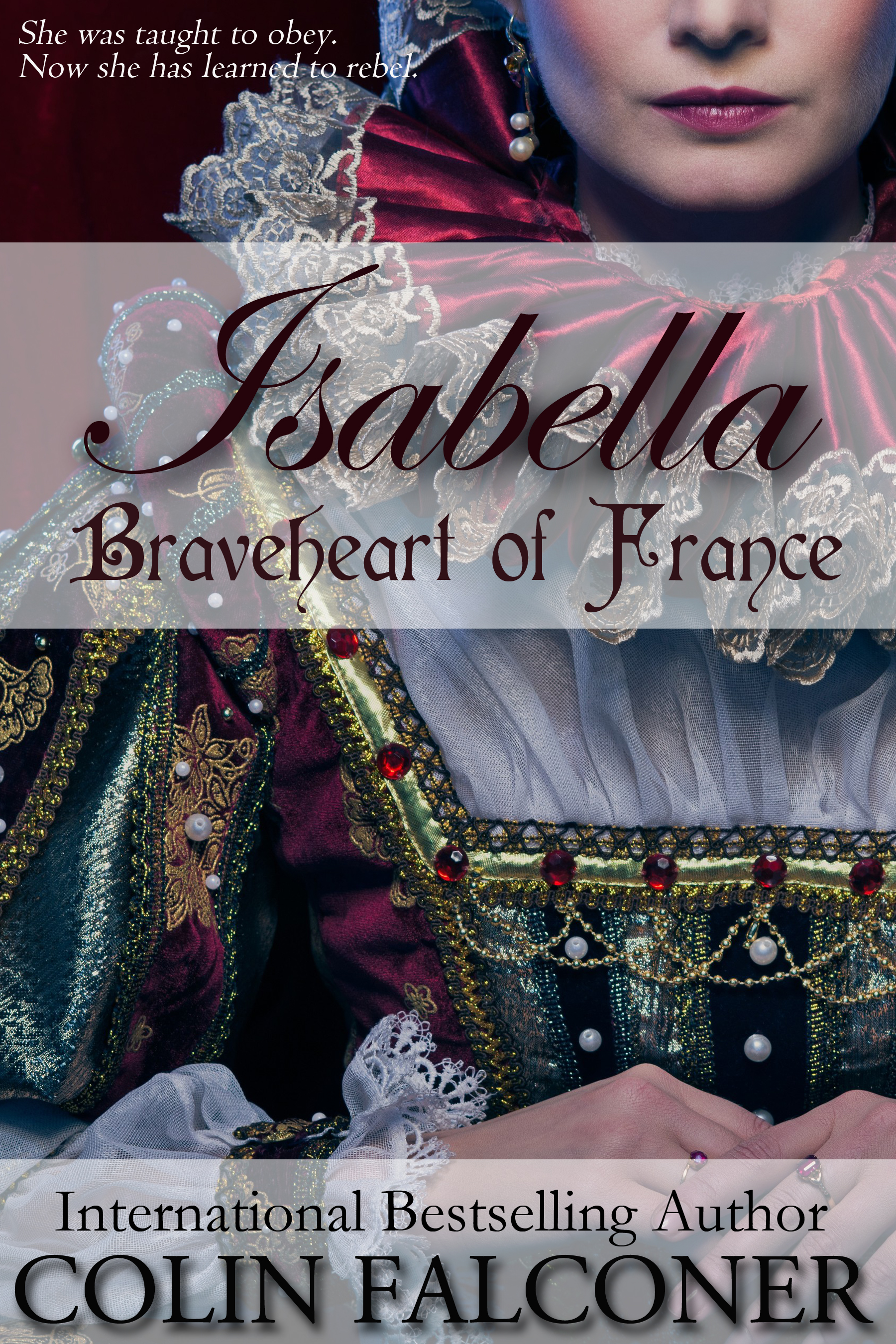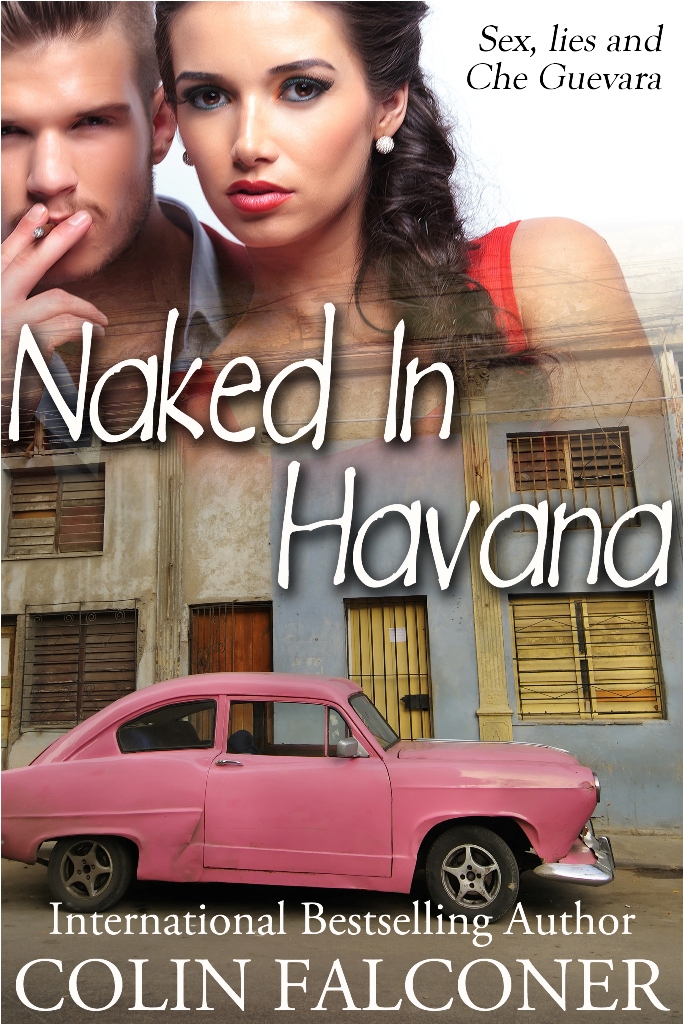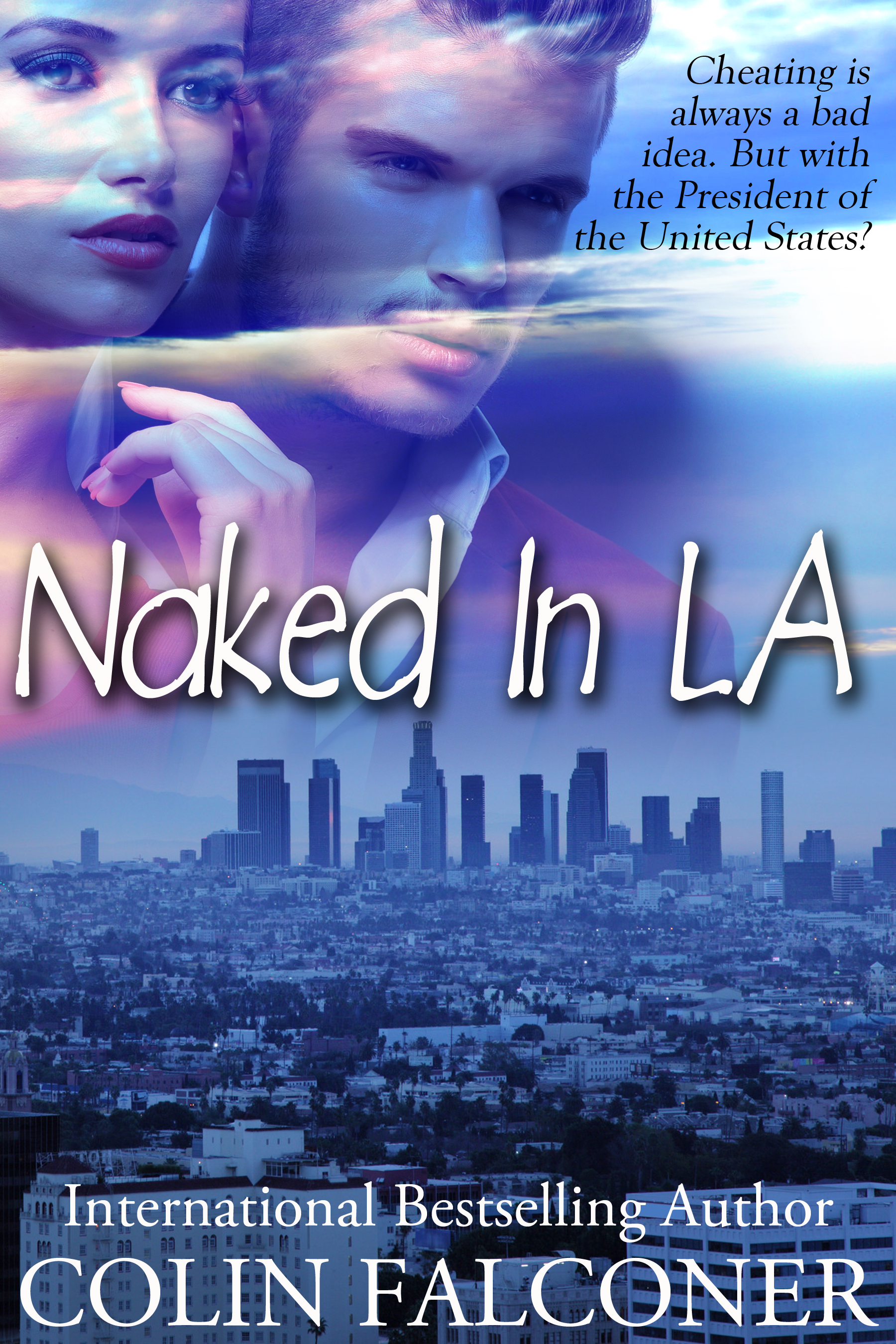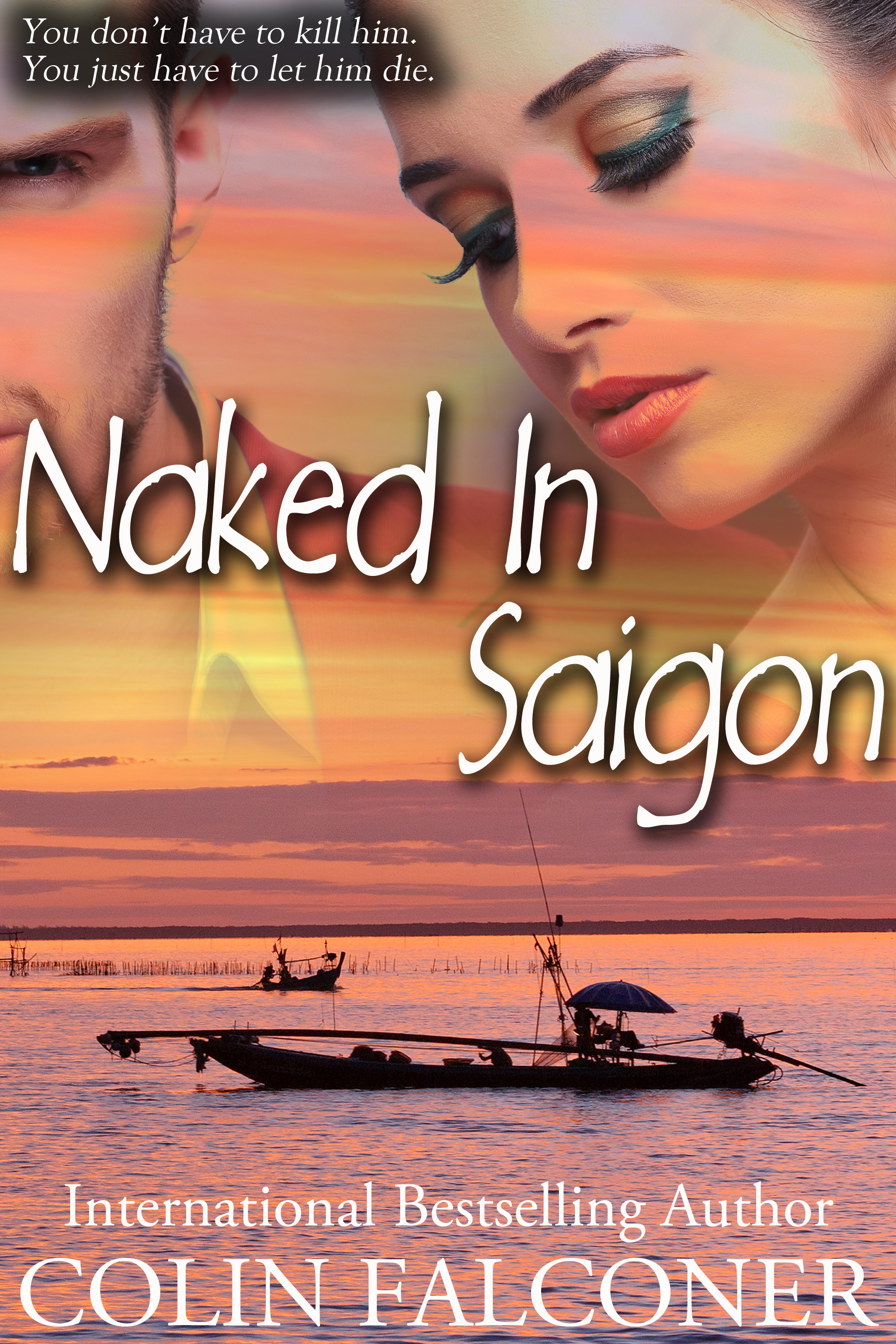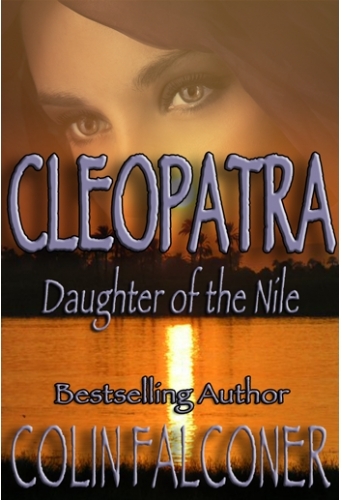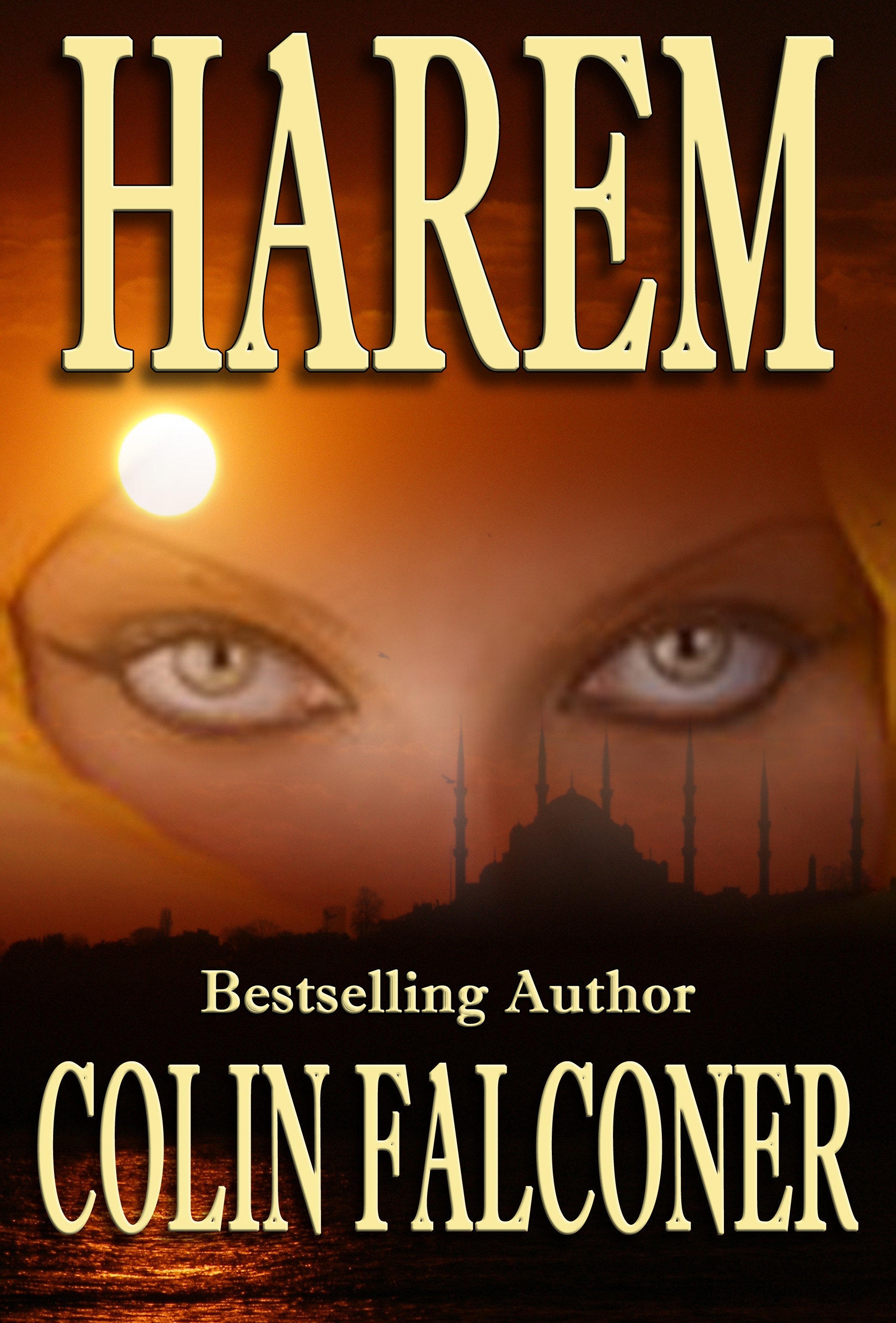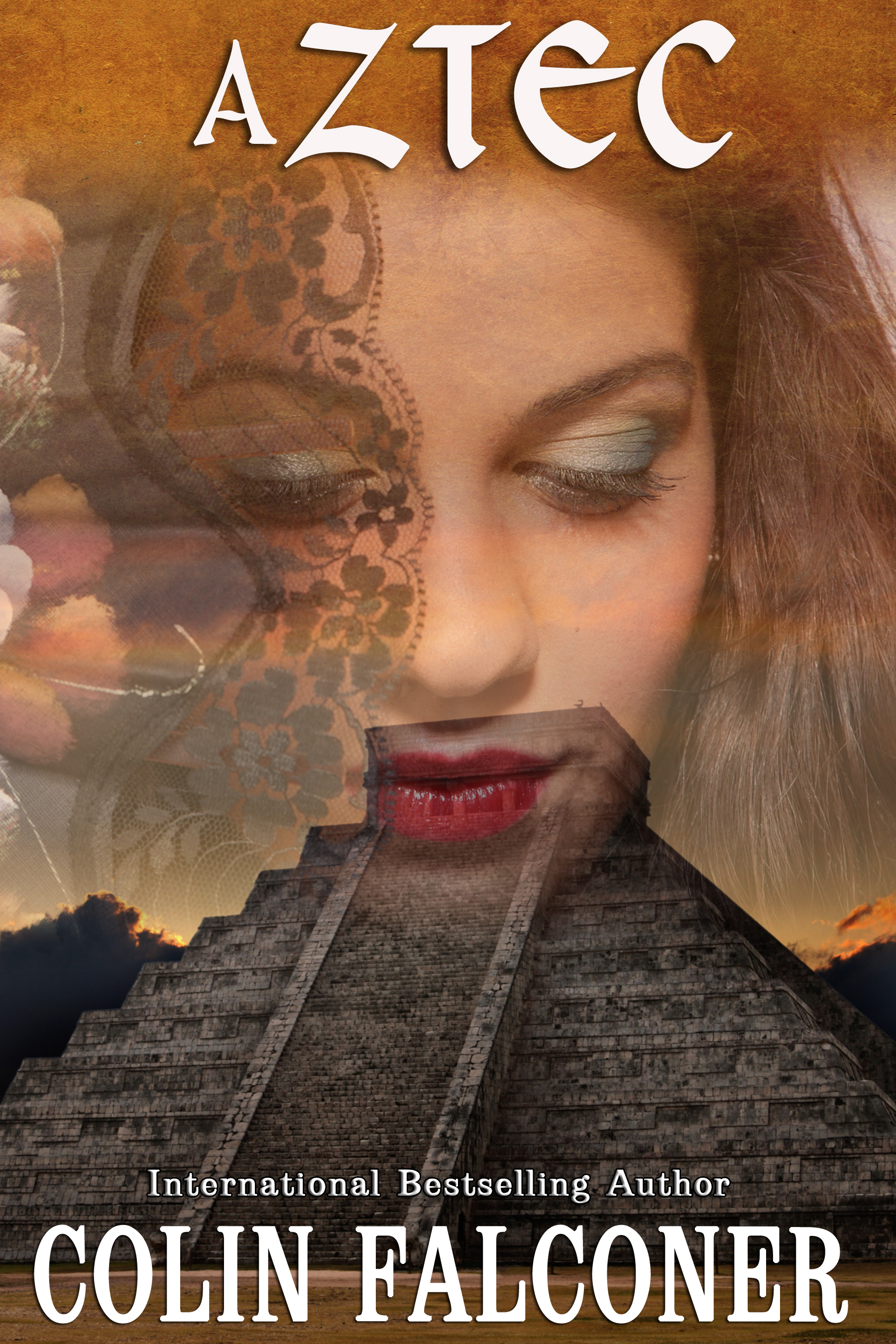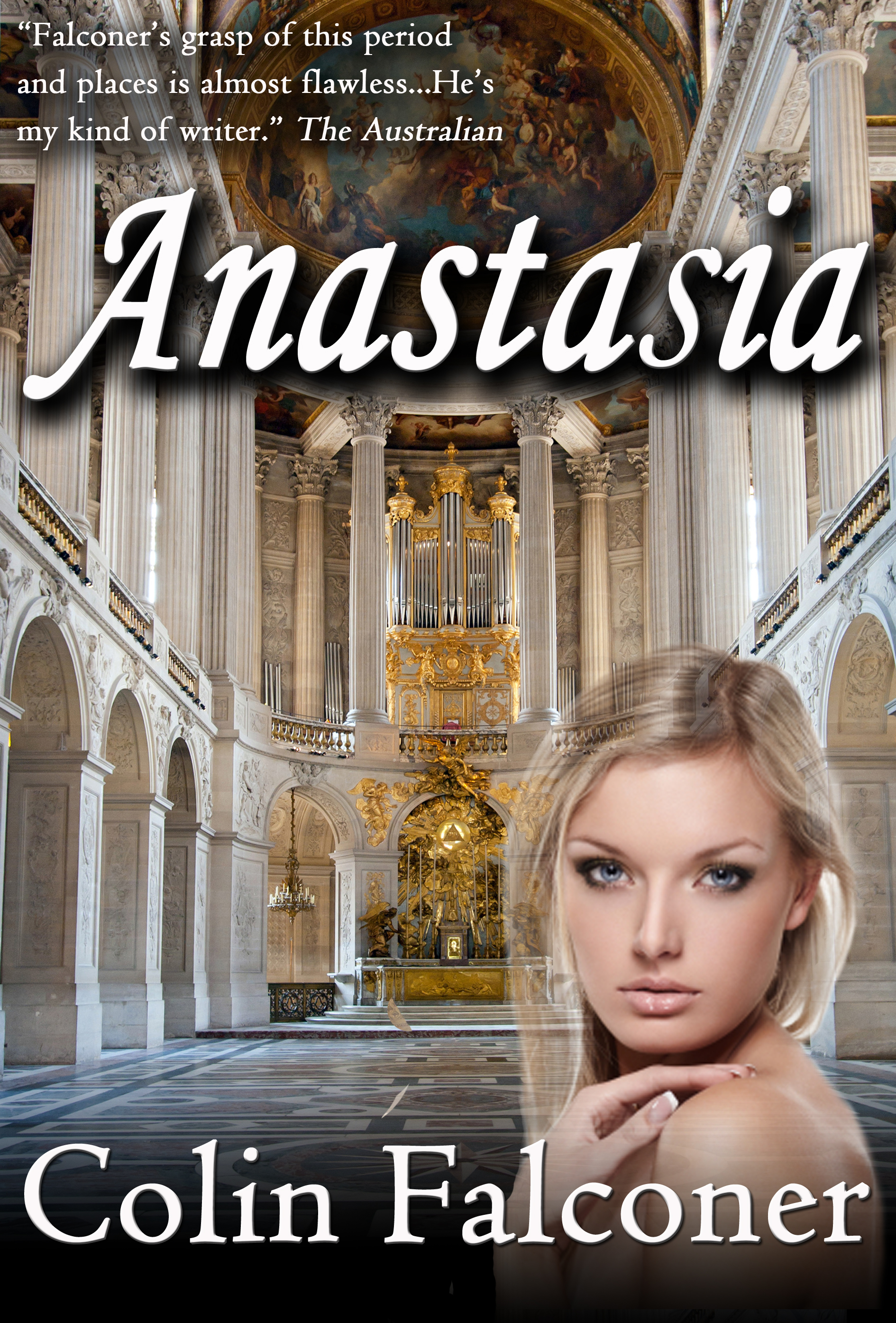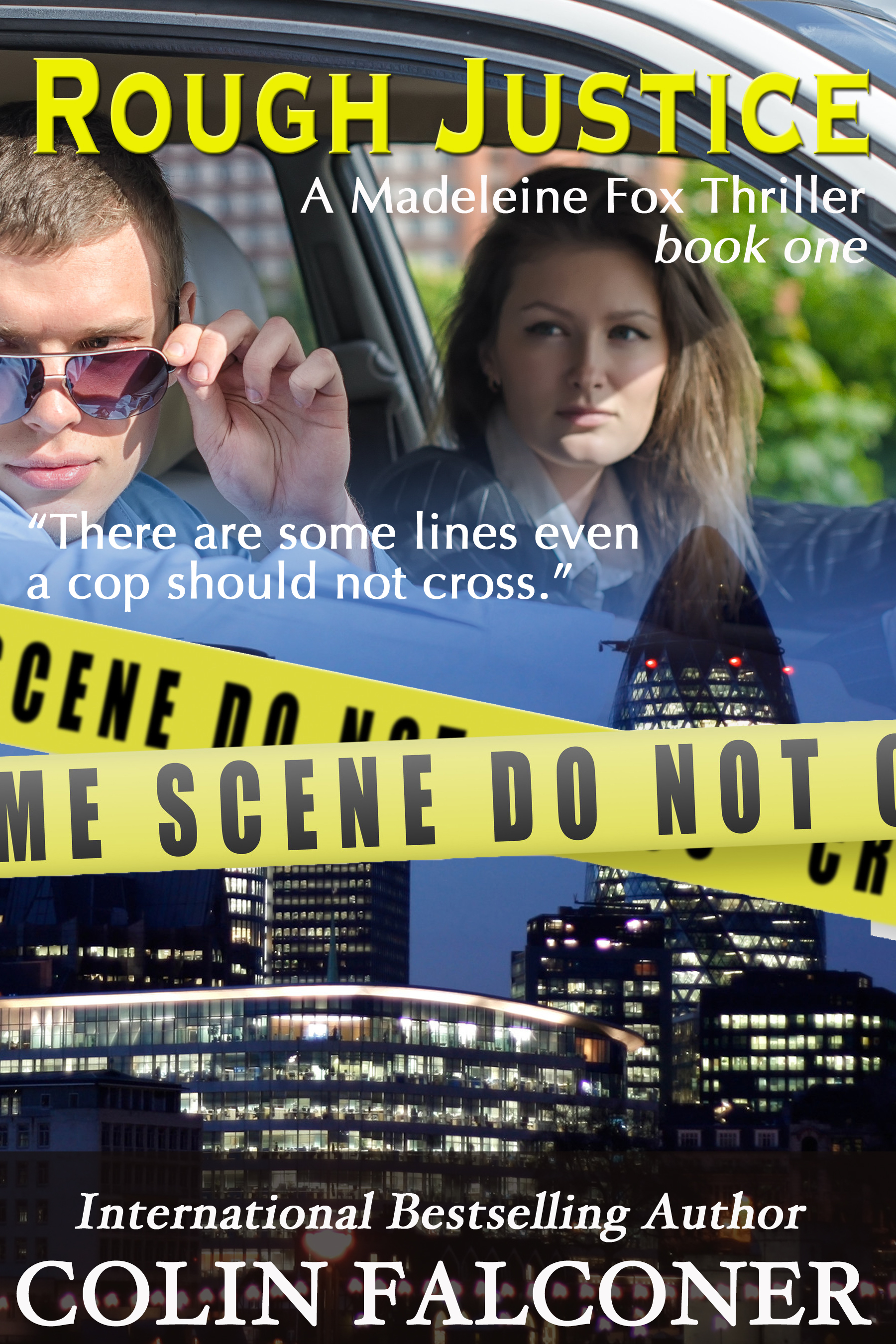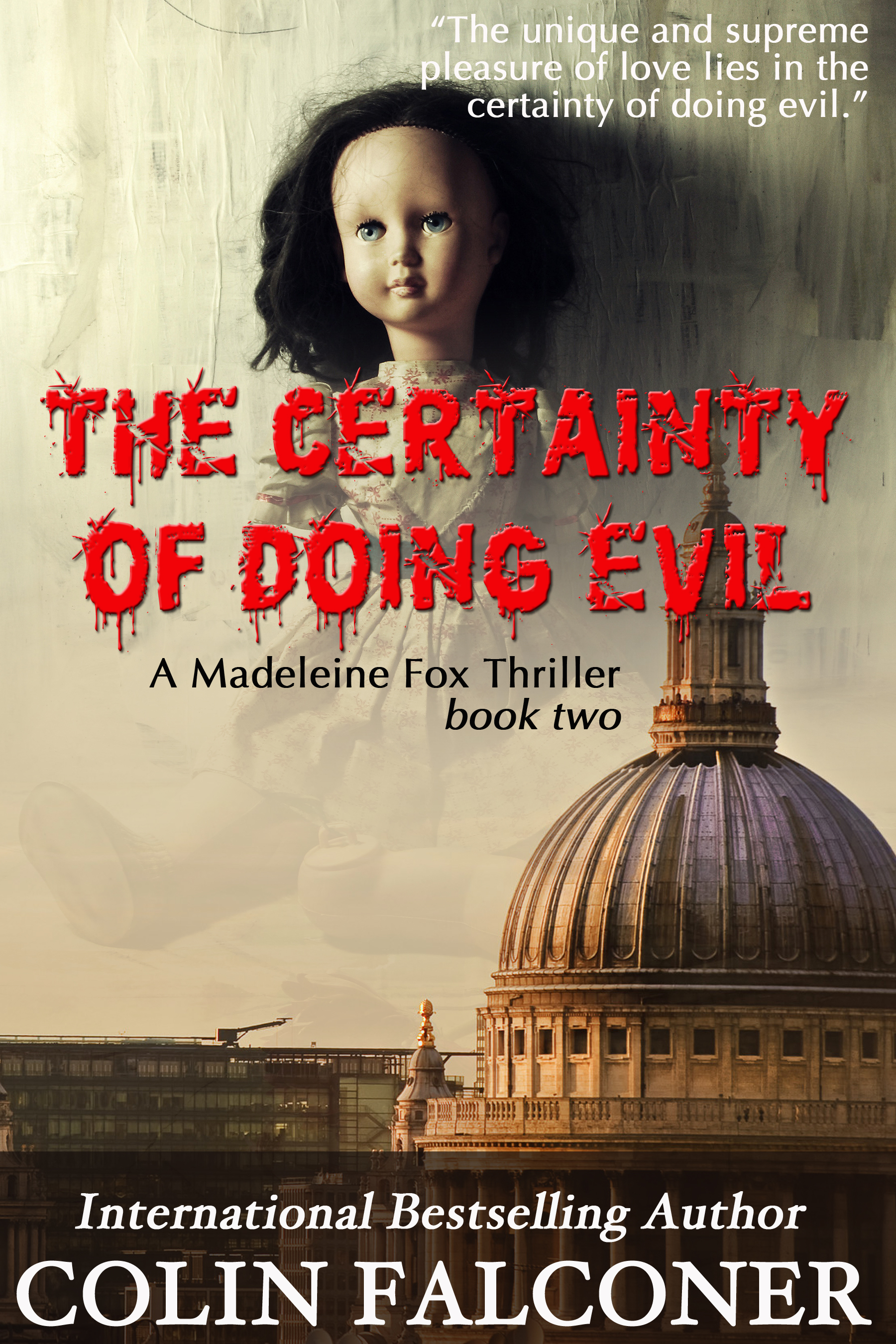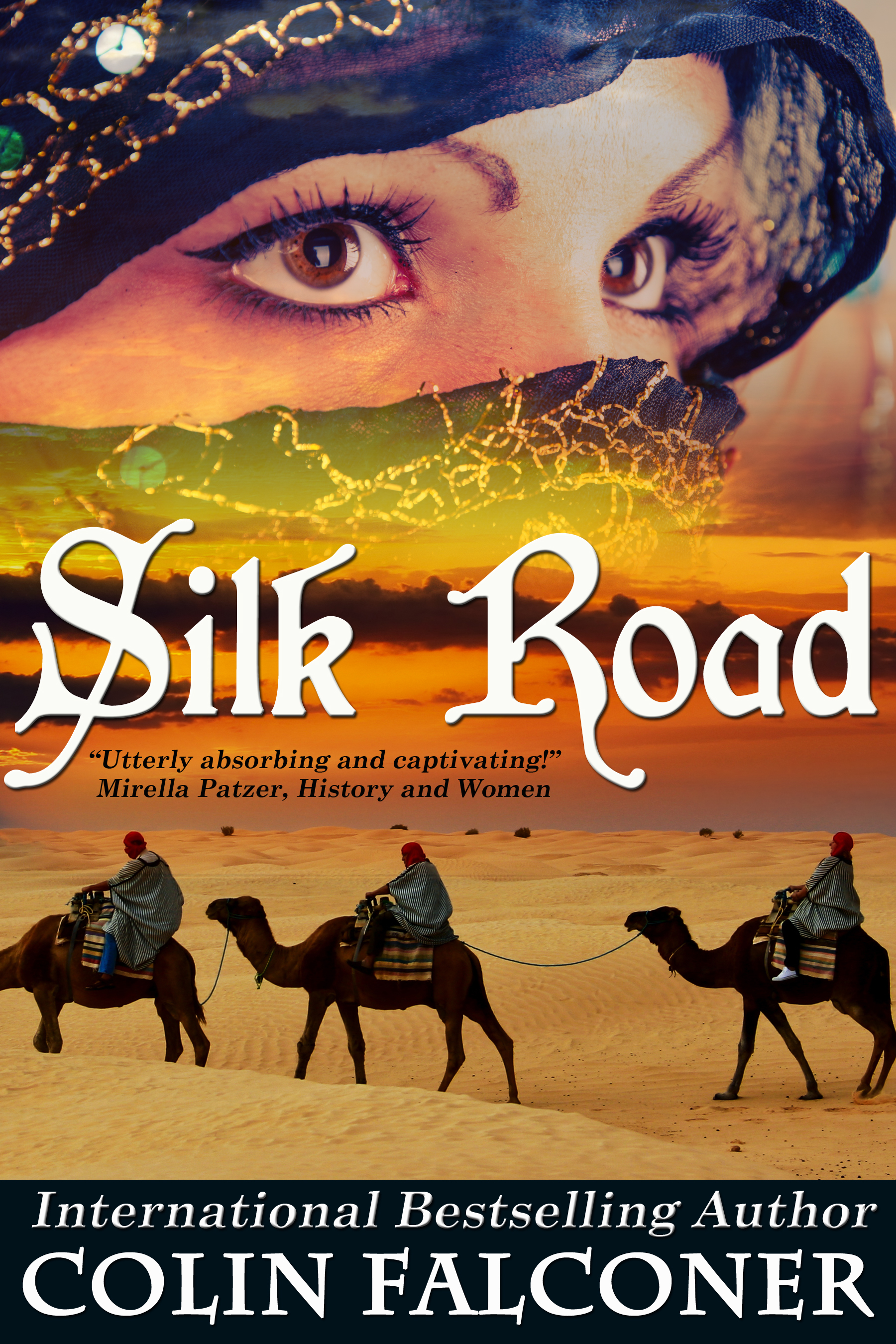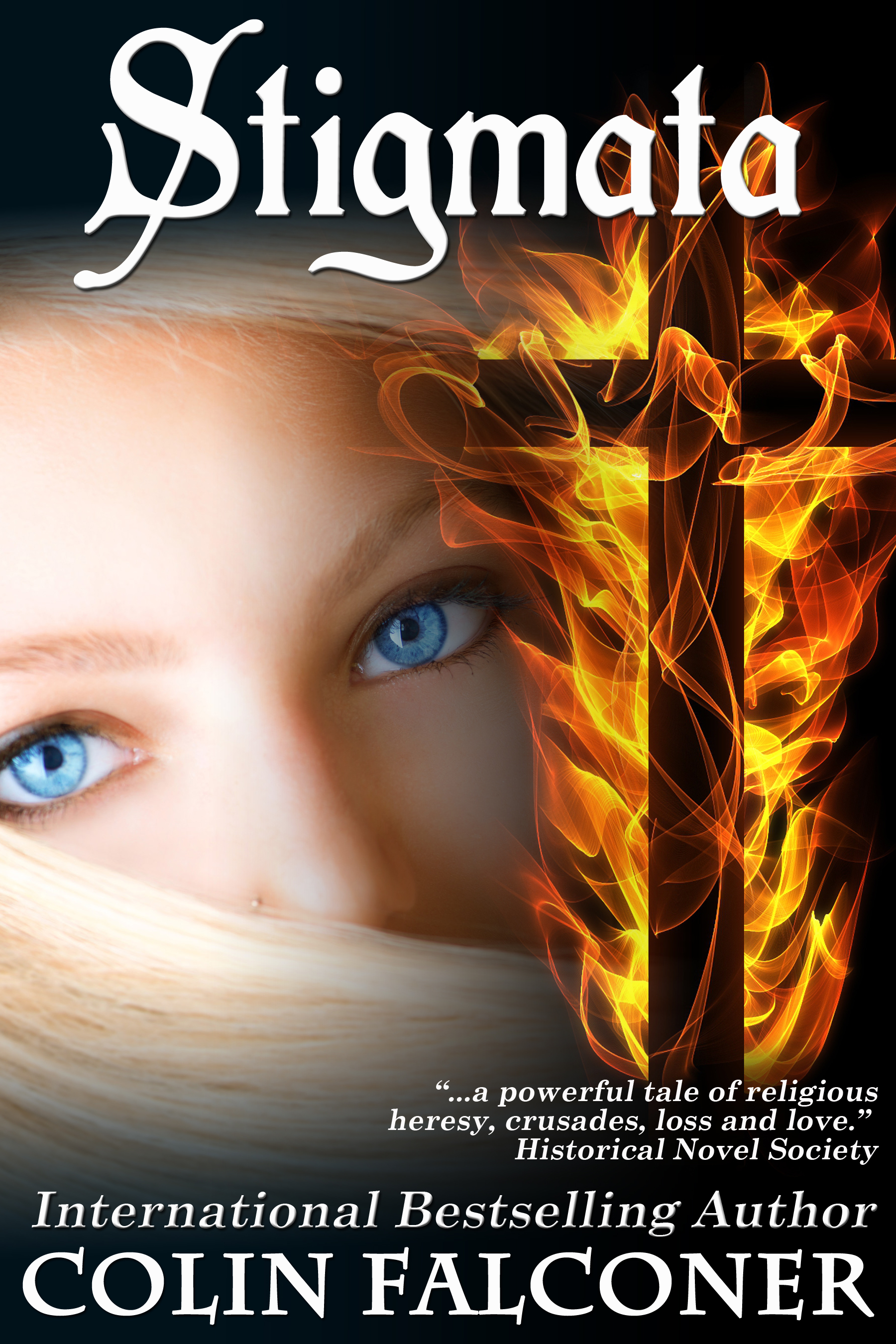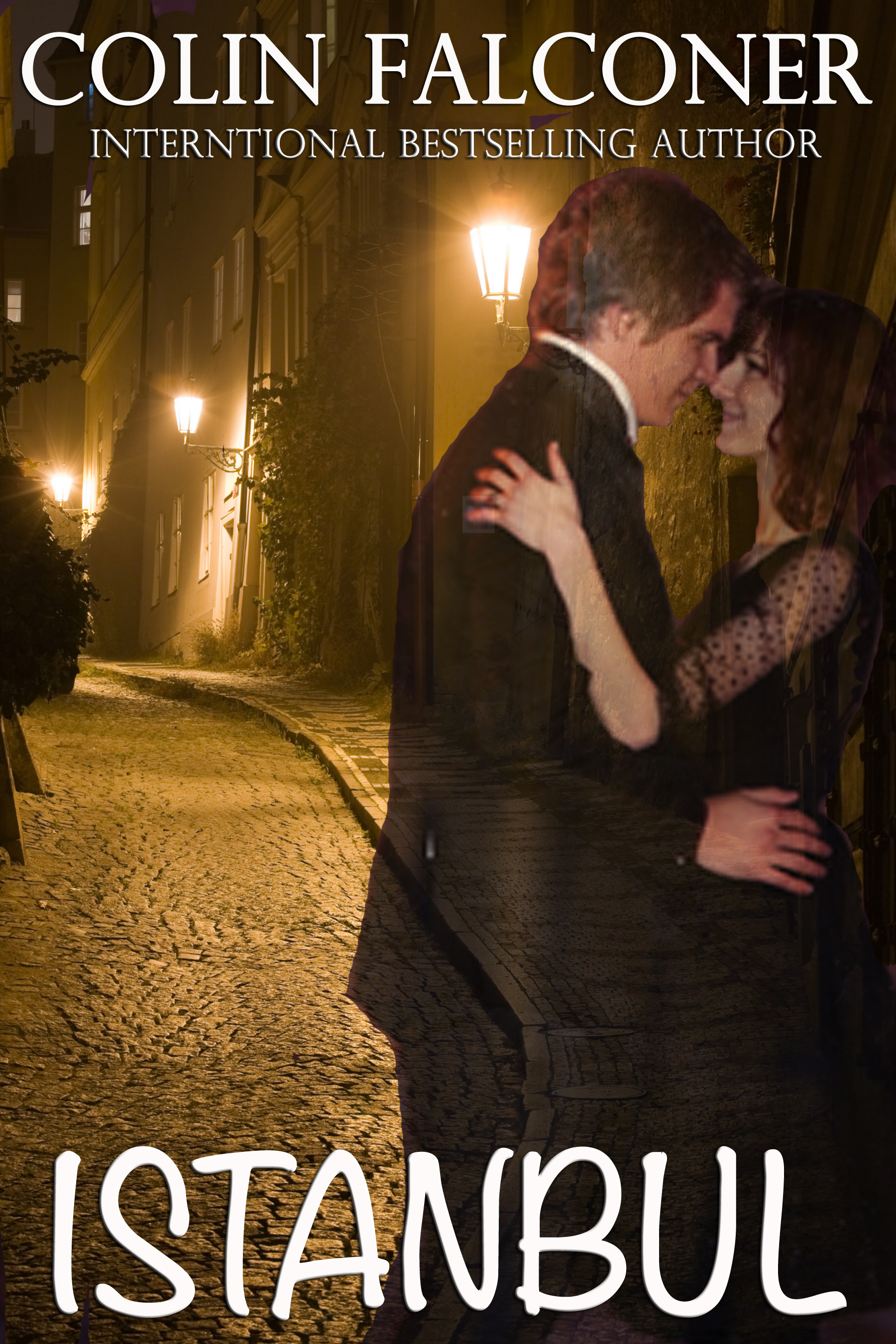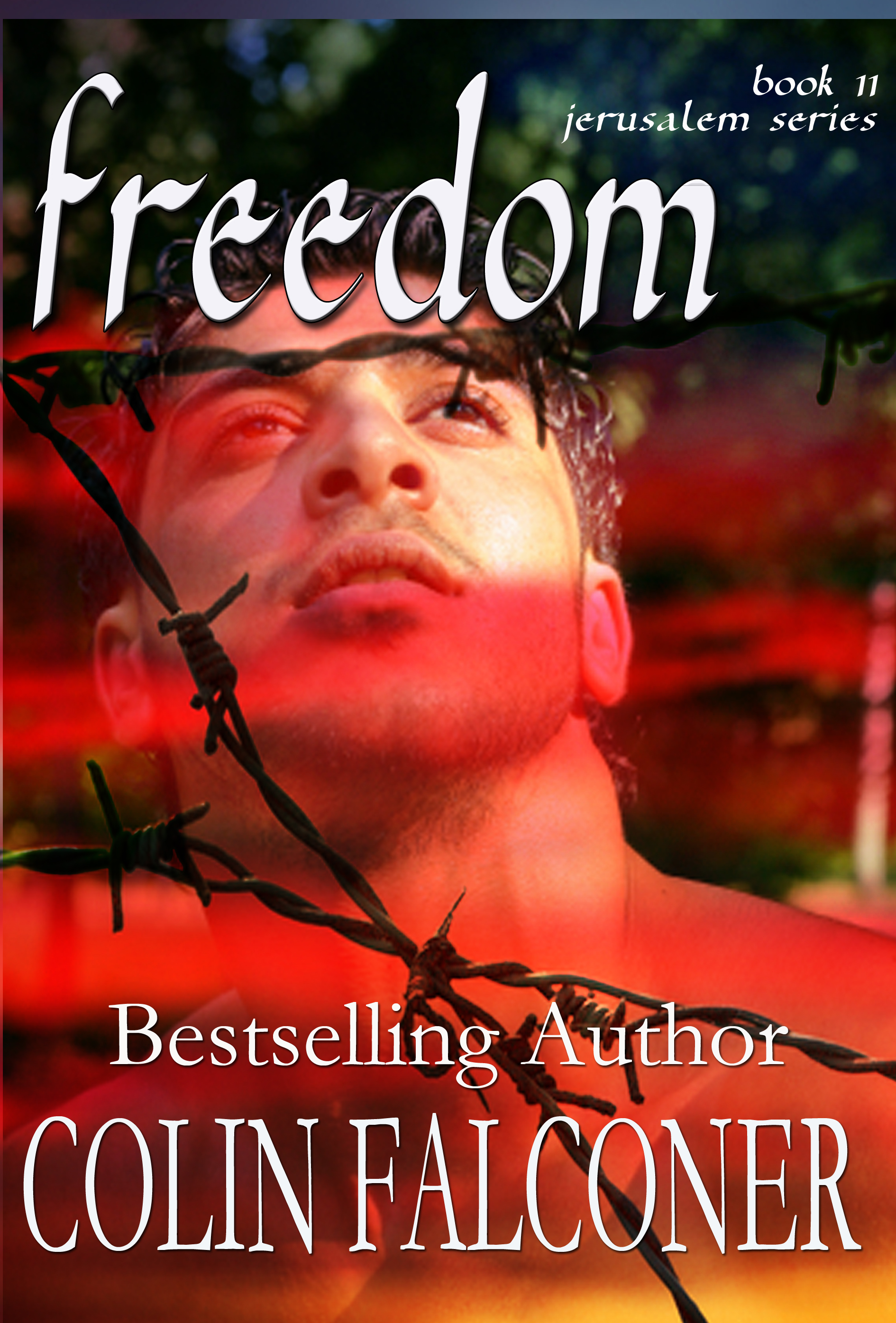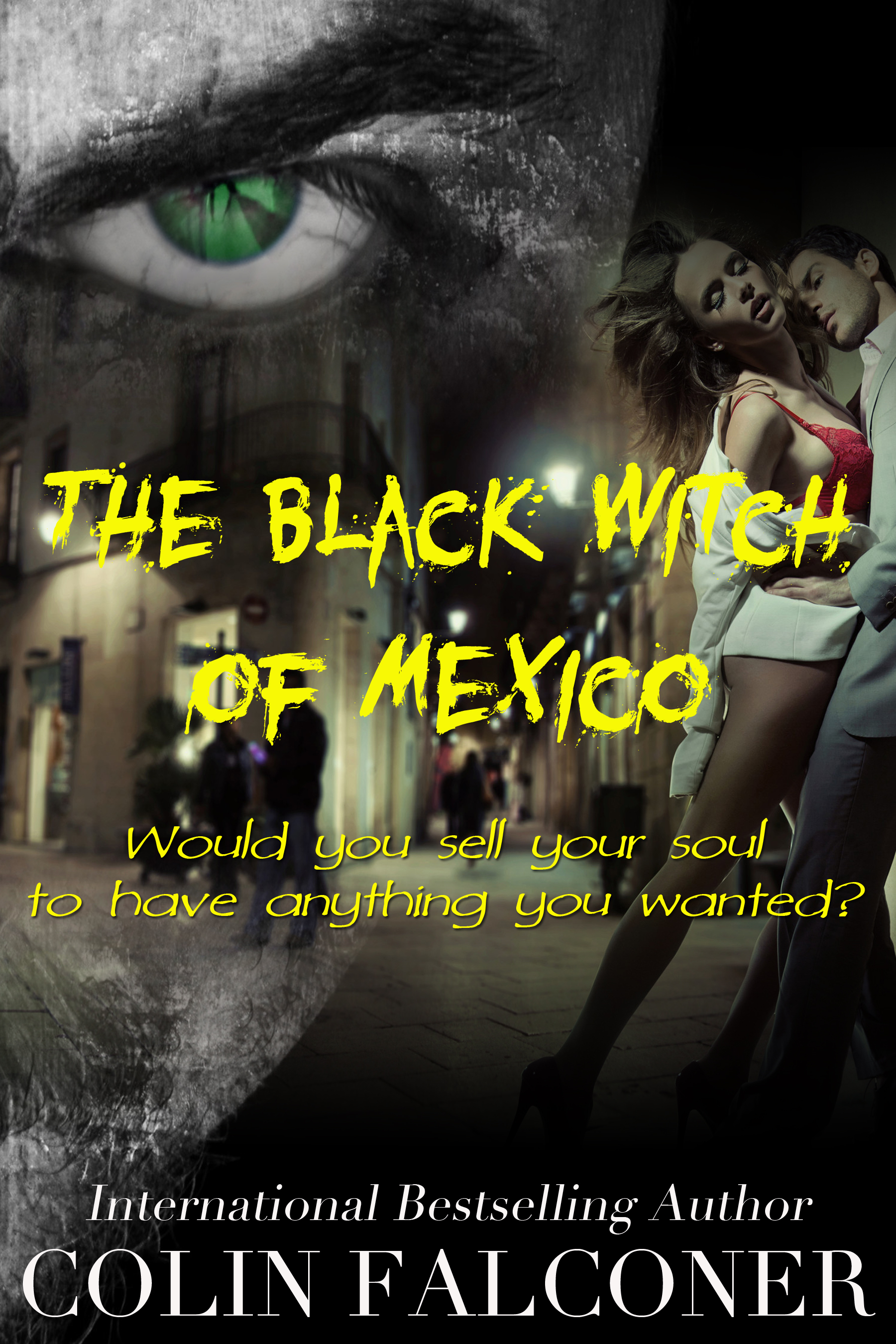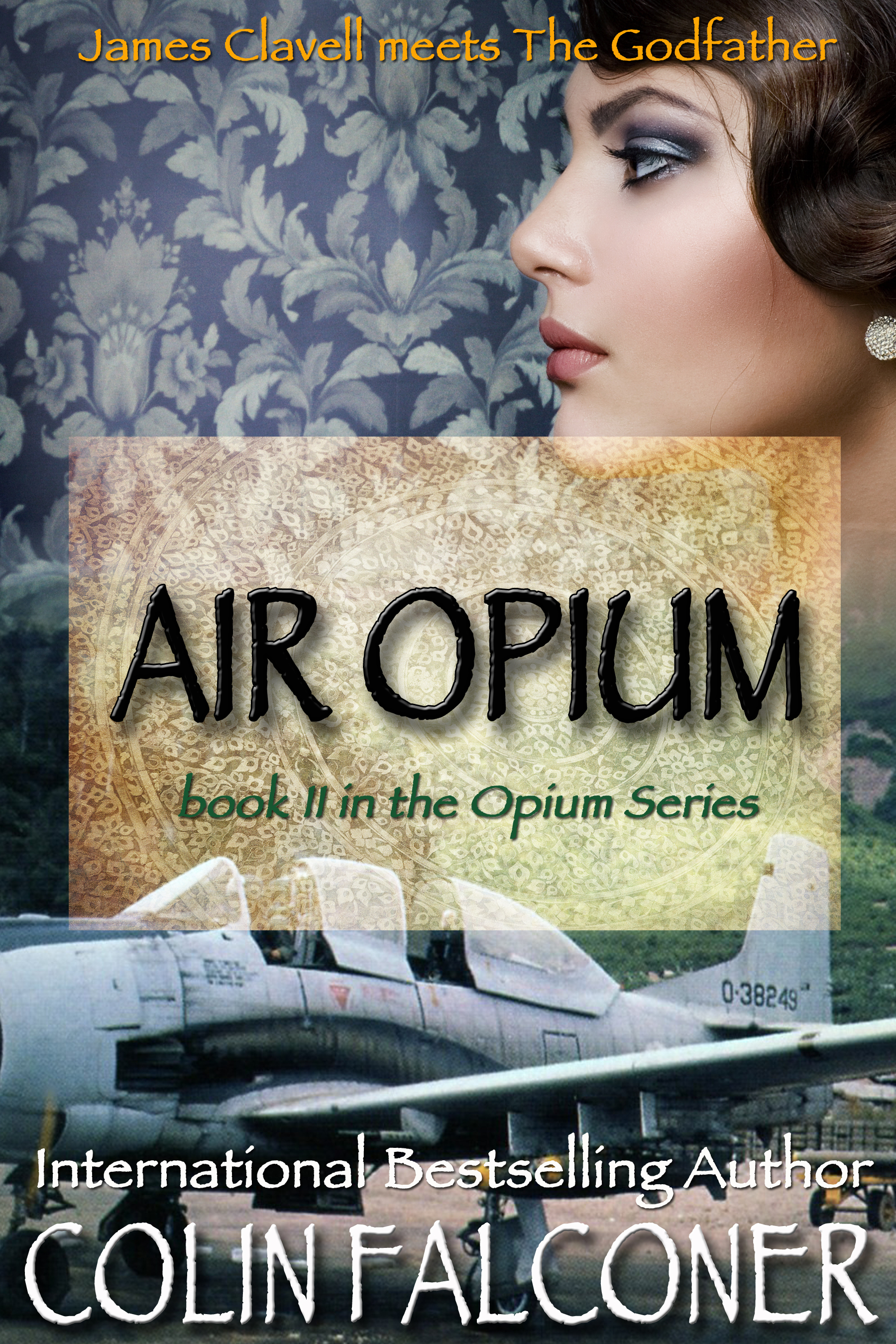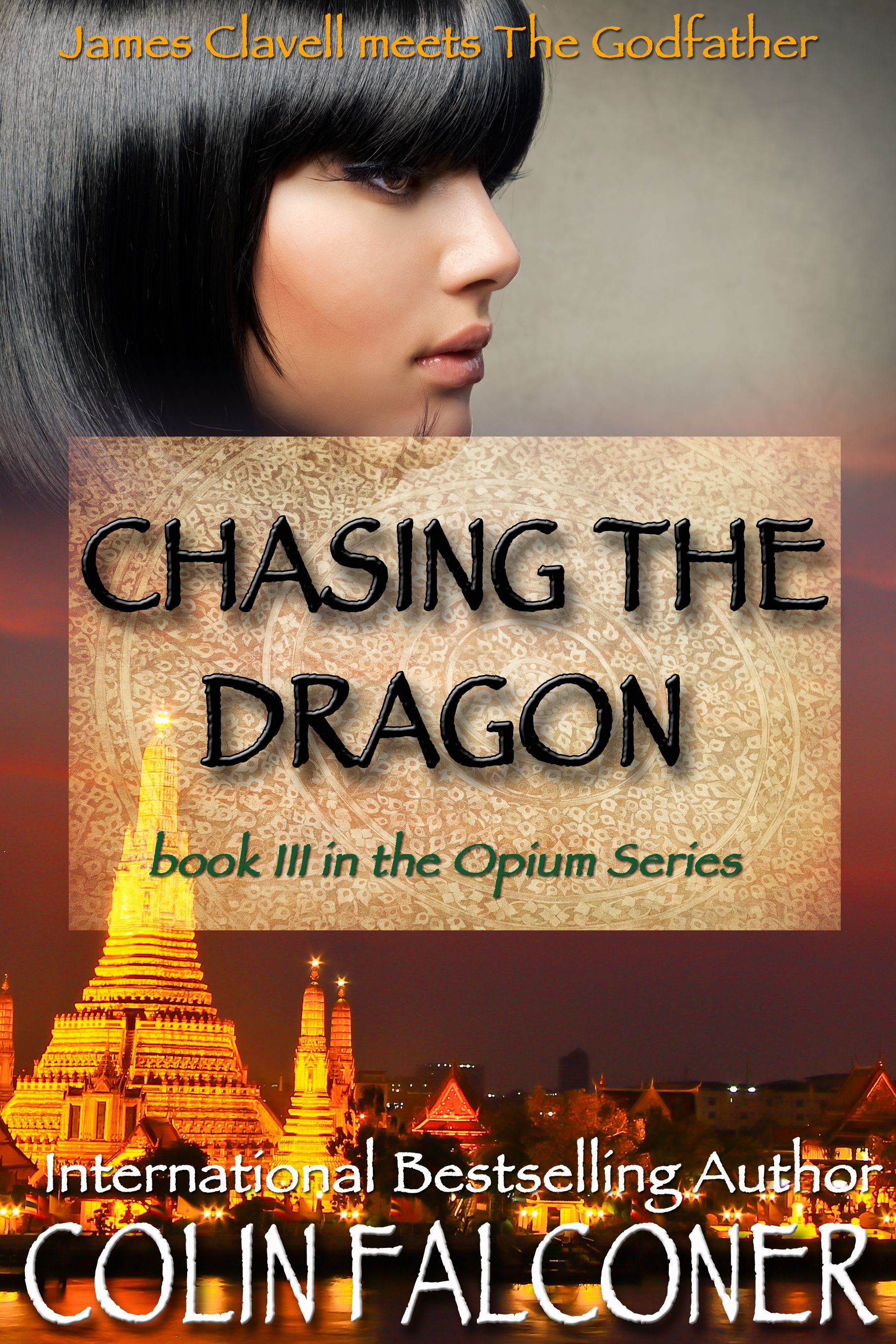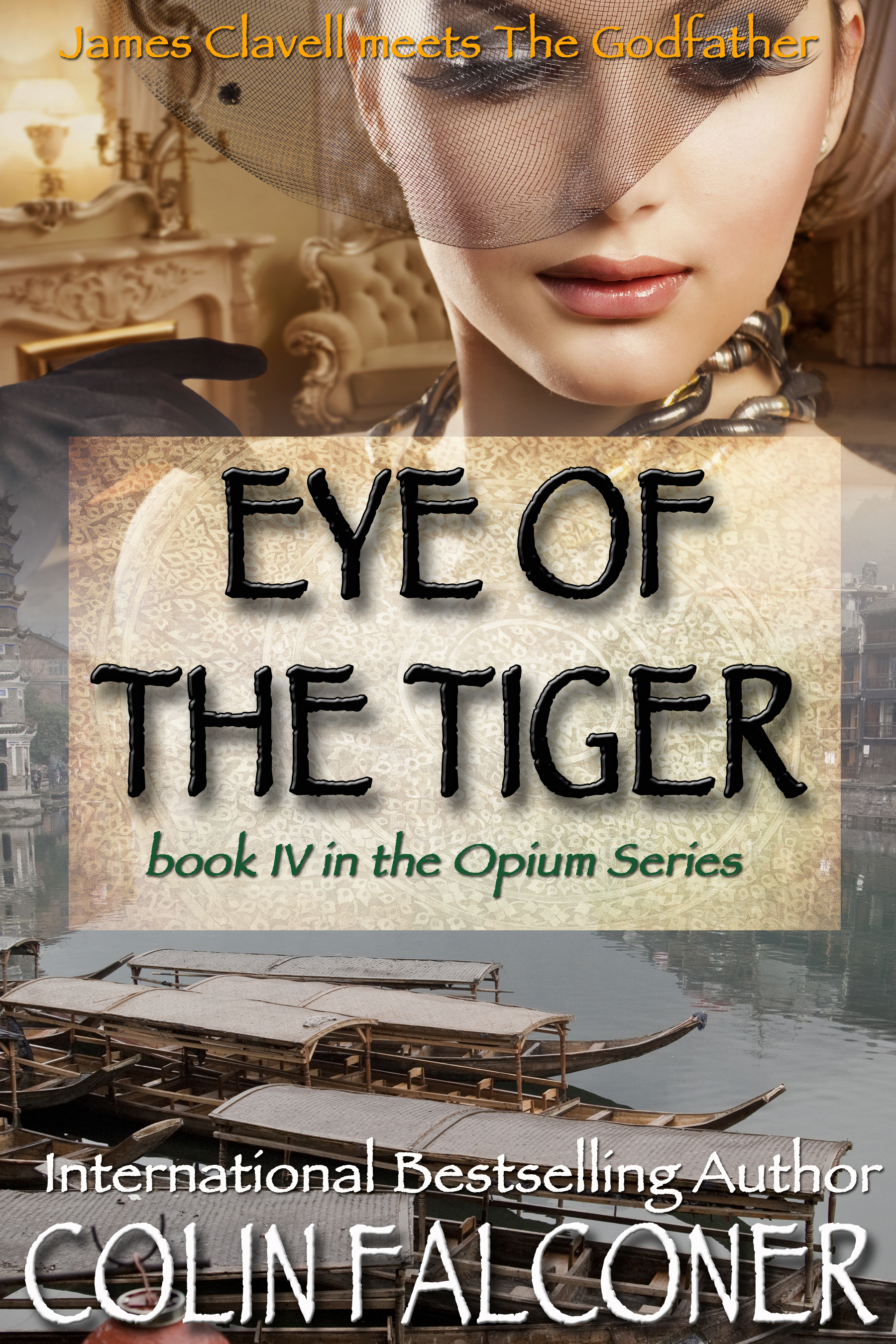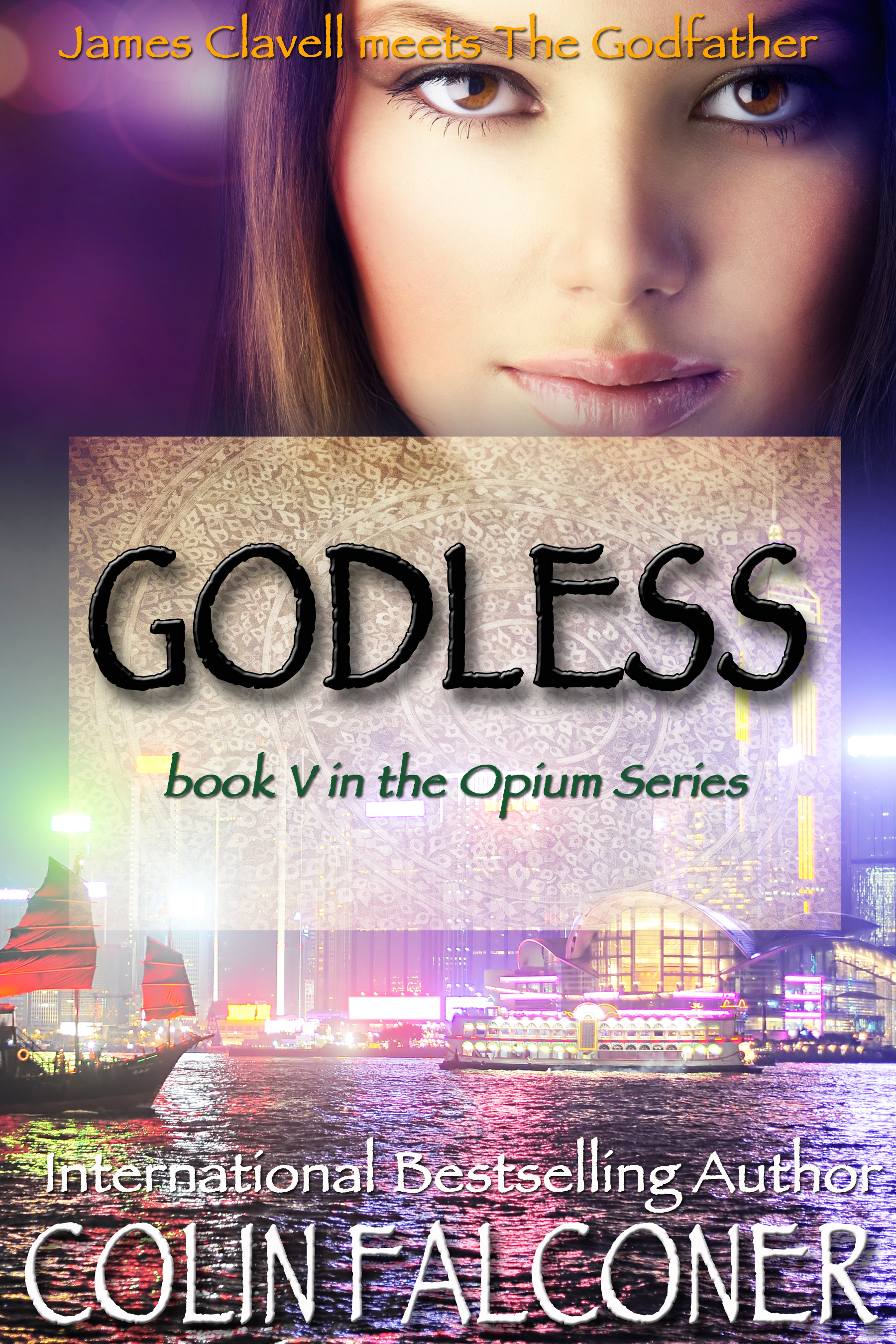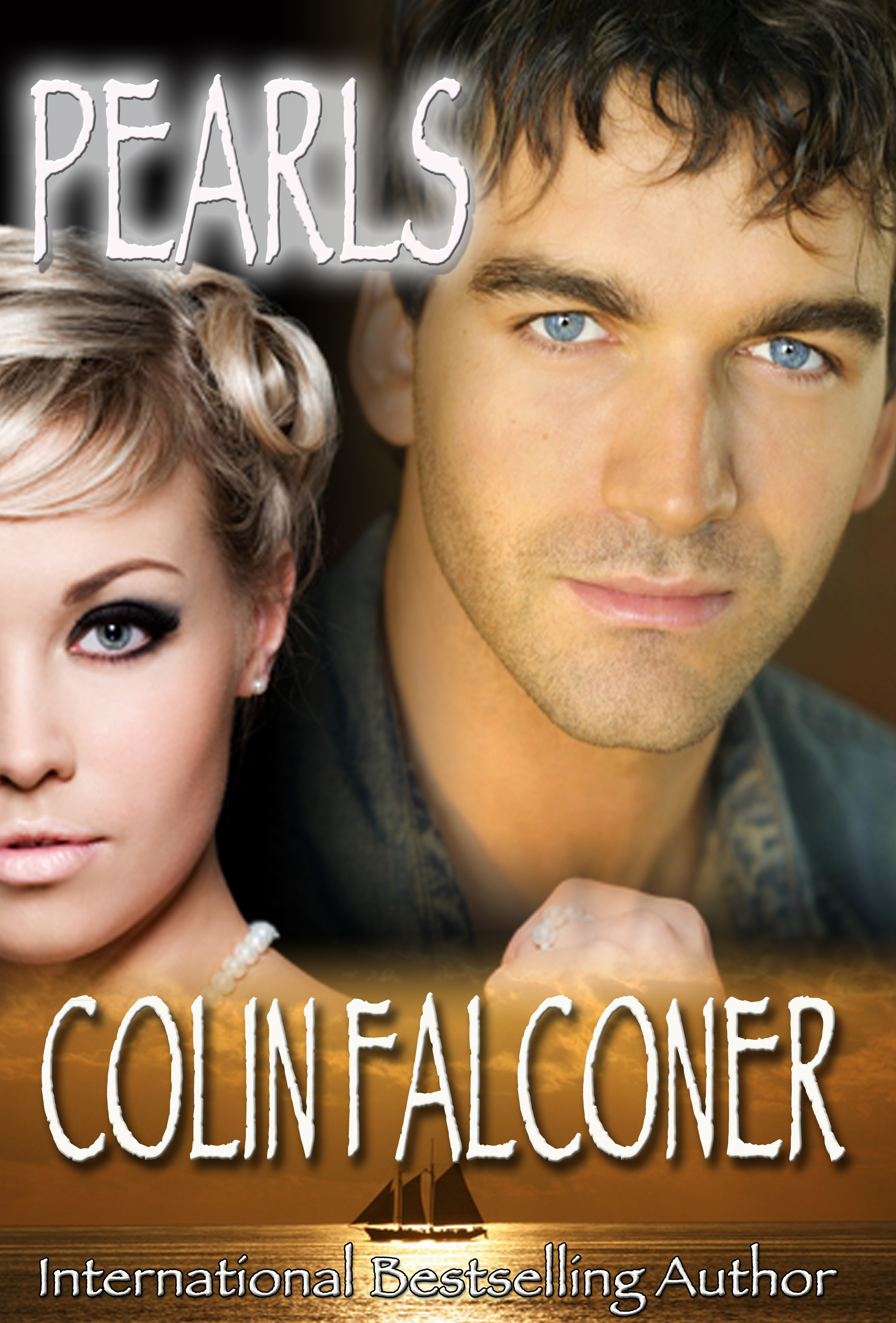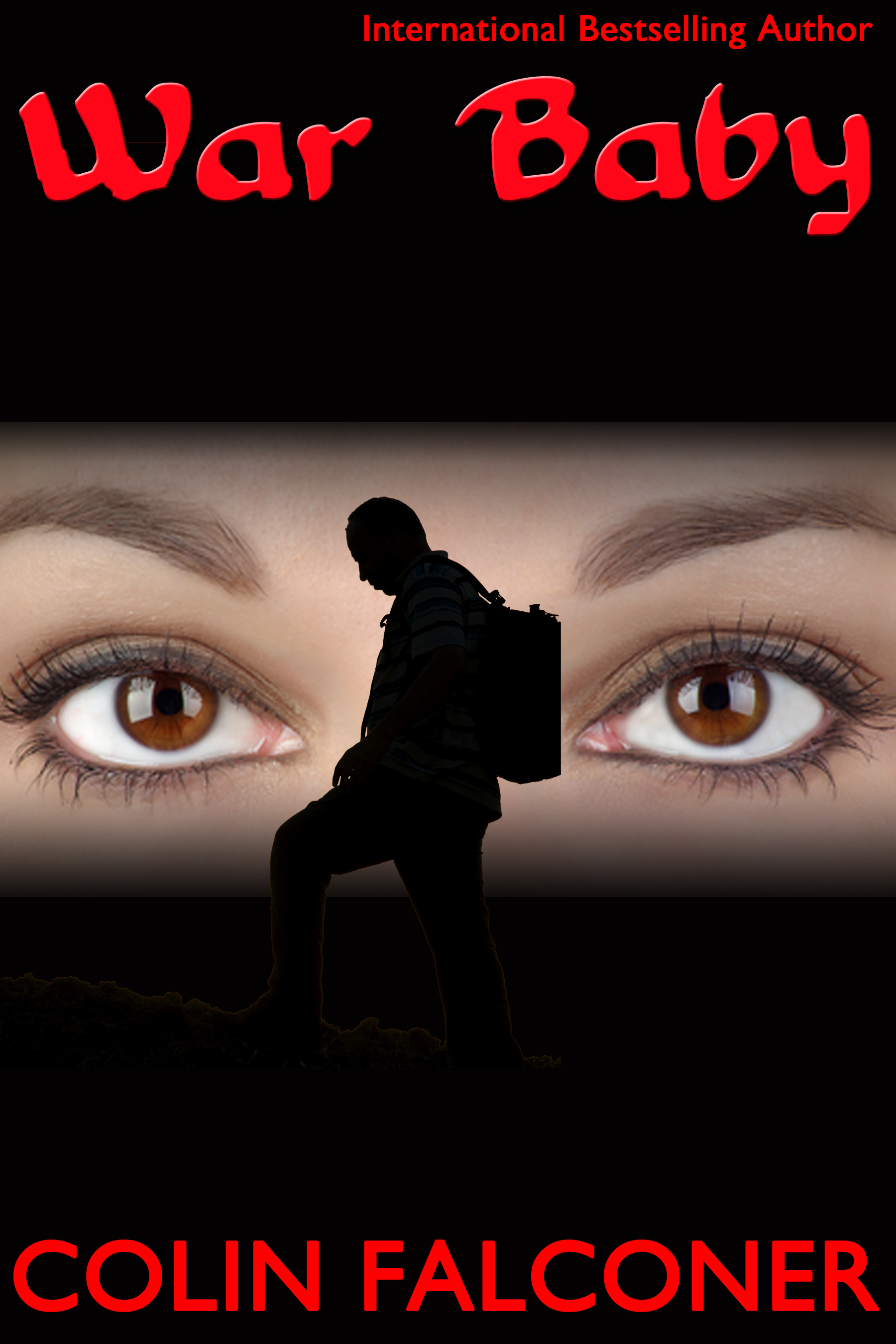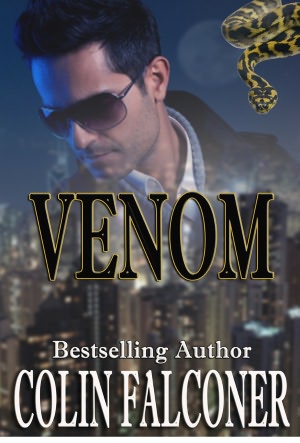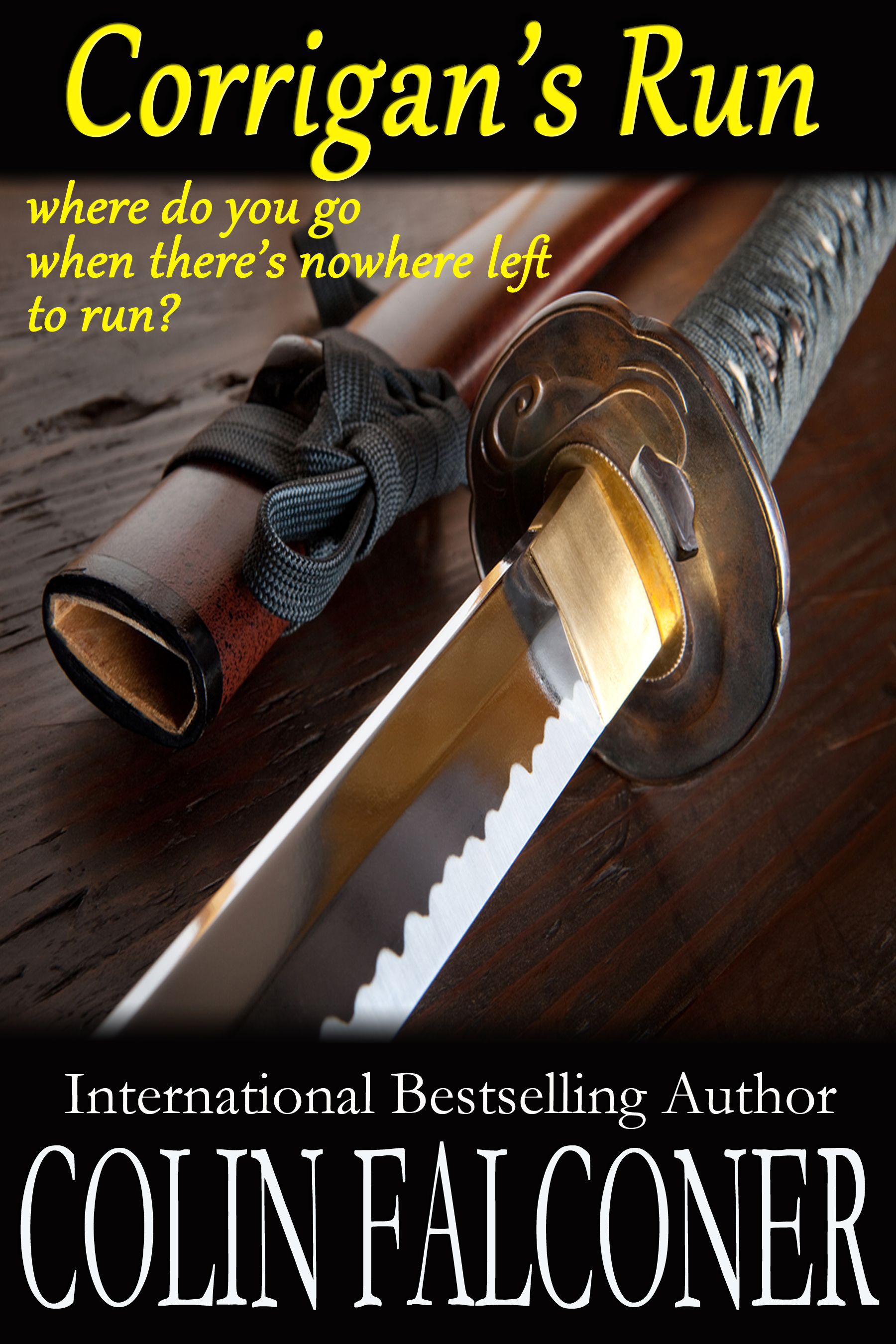I received an email the other day from a reader who had come across HAREM, liked the first chapter, and wrote to me: ‘… before I read any more, I want to know if it’s all factual and true.’
Now I understood where she was coming from; she wanted to know if she was reading history or fantasy before she started out on quite a large book. Fair question. And yet …
It made me think. Like all my breed I pride myself on the level of research that goes into my books. It’s exhausting. Sure I make mistakes occasionally, but generally minor ones and hopefully not very often. But though I know I will never stray from this discipline, I do sometimes wonder: why does it matter more in a book than in a film?
I recently watched a re-run of ‘The Untouchables.’ Structurally, it’s brilliant and it has one of the best suspense scenes, for my money, in the history of film-making. There is that wonderful set up at Chicago’s Grand Central Station where the gangsters walk in, armed to the teeth, just as the mother is pulling the baby up the stairs in a pram.
|
| photograph: Vincent Desjardins |
Yet a novelist could not get away with the story line. For instance; Frank Nitti never fell to his death after a fight with Elliot Ness - he committed suicide in an Illinois rail yard when he was 57. Ness’s accountant Oscar, who Nitti shoots dead in an elevator in the movie, was loosely based on Frank J Wilson, the Treasury department agent who was the one who really had Capone convicted. He died in his bed at 83.
That giant of English literature, William Shakespeare, got away with murder more times than Capone. The Bard had the same view as de Parma: the play’s the thing.
Some people see “Richard III” and believe in life that he was deformed, conniving and immoral. But the unbiased evidence of various chroniclers, both before and after Richard’s reign, describe a just ruler, a caring uncle, and a loyal brother.
And the hunchback was purely Shakespeare’s invention.
If Hollywood kept to the script, no movie would ever get made. The Deer Hunter, for example; there is absolutely no basis in fact for gambling clubs acting as venues for games of Russian Roulette in wartime Saigon. The film used it as a metaphor for war and did it brilliantly.
It is still ranked as one of the best films ever made. It is certainly one of my favourite movies.
But historically accurate? No.
Or there’s Braveheart; its historical inaccuracies are legion. (William Wallace could not have had a union with Princess Isabella of France and sired a son with her, as she was just nine years old when he died; the Scots did not wear kilts until much later.)
But as Michelle Miller at HISTORICAL FICTION CONNECTIONreminded me, she enjoyed the book so much it made her want to search out the facts for herself. And she, along with millions of others, loved the movie.
It’s a point that was also beautifully illustrated in Donna Russo Morin’s wonderful post on this subject here.
|
| photograph: Kjetil Bjornsrud |
In movies the story is the thing; whereas Ken Follett made one very minor error in 1100 pages of diligently researched material in Pillars of the Earth, (poor people, someone pointed out, did not eat breakfast in the Middle Ages) and was found out. Novelists finagle with history, intentionally or not, at their peril. Books are subject to quite different criteria to film. It is both the genre’s strength and its weakness.
When someone reads a good thriller, they don’t ask: is it well researched - they only want to know - is it exciting?
I’m not complaining. I have no desire to shapeshift history. I think it’s exciting enough as it is.
But how far do we go? For example, if we used absolutely historically correct language no one would be able to read it; Middle English is more difficult than Mandarin. And then there’s the social milieu; women for much of western history were regarded as chattels.
Treating a woman as a domestic slave or a breeding machine is great for the villain in your story. But how will twentieth century audiences react to such behavour from your hero - even when it’s historically accurate?
A lord of the middle ages could have helped himself to every female servant in the castle without reproach from his peers, but it would be hard to make him sympathetic to a modern audience.
Stephanie Dray wrote wonderfully about some of these conundrums in this great post here.
Make no mistake, I advocate good research and historical accuracy wholeheartedly and I won’t be relaxing my own diligence when it comes to research.
So I have no agenda on this subject; I am just inviting discussion on this one.Why do we have a double standard with historical fiction and historical movies; are authors and readers too obsessive? Or are we not obsessive enough?
If you like my post please press my Stumbleupon button below.
And at last some sanity returns to the Presidential Race! Mitt? Newt? The Bayard/Lamb presidential ticket has two women with proper first names and great ideas, and they’ll be stumping up here on Monday and answering the hard questions. Don’t miss it!
Until then, I look forward to your comments!
Like this:
Like Loading...
Colin Falconer is the bestselling author of thirty novels, translated into over twenty languages worldwide.


